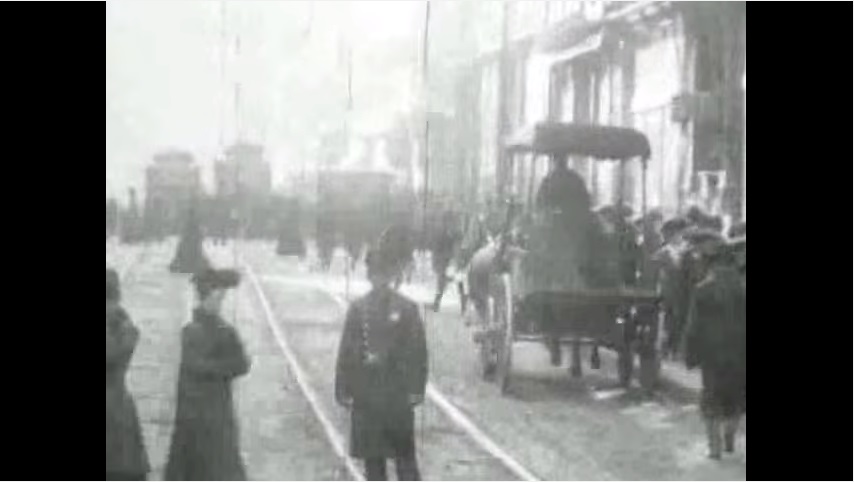
Screenshot from “Seeing Boston by Streetcar” posted by the New England Historical Society.
Rare video posted by the New England Historical Society shows the busy streets of Boston in 1903. A cameraman boarded a city streetcar and filmed as he rode around the city.
The silent black-and-white footage records sidewalks jammed with pedestrians while horses and buggies share the road with electric streetcars. Seeing Boston By Streetcar was one of the first times the city was filmed, according to the historical society’s website.
The motion picture captures some of the city’s most recognizable landmarks, such as the Jordan Marsh Department Store, the Boston Public Library and elevated rail lines.
The images were documented by Massachusetts native Billy Bitzer, a cinematographer who went on to become a major figure in Hollywood. He’s credited with developing early cinematic techniques like the fadeout, soft focus and the close-up.
The film, which is eight minutes long, debuted in 1906 at Boston’s first movie theater, the Theatre Comique. It was a unique treat for moviegoers at that time because the American motion picture industry was only about 12 years old.
For today’s audiences, Bitzer’s film is a unique historical record that provides an extraordinary glimpse of one of America’s major cities at the turn of the century.
More About America:
Bang! Vice President Kills Political Foe in Famous US Duel
Americans Can’t Always Name That President
How Diversity Has Changed America
Millennial Men Prefer Bucks Over Beauty



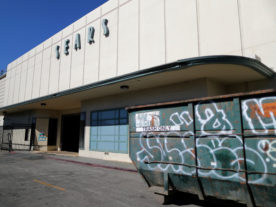






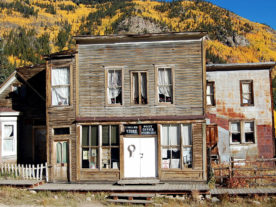
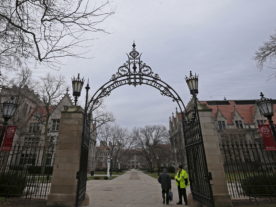

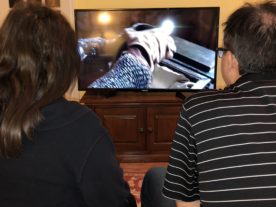







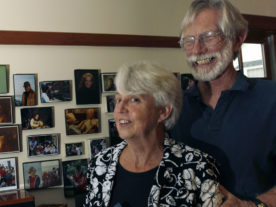


Wow, that’s cool!! Those cars are something!! Thanks!
NEHS,
I thoroughly enjoyed your 1903 Video. I worked in the downtown Boston for over 30 years starting as a bank messenger
for the First National Bank of Boston at age 18 and became very familiar with the area streets, It was fun to see Jordan Marsh
as it was years ago. Thank you. As a history buff I began collecting antique newspapers many ears ago. I have several hundred
pre-civil war papers many from Boston and some even earlier. The articles in them give a picture of daily life that I never found
in history books. In an 1837 carriage accident where it went over an embankment it was send in the paper to have “precipitated
over a precipice.” Now that’s using English vocabulary! Thanks again. James Biggie